Optimal Timing for Solar Panel Maintenance

Services performed in the morning ensure optimal sunlight conditions for maintenance and inspections.

Midday appointments allow for thorough system assessments when solar panels are at peak sunlight exposure.
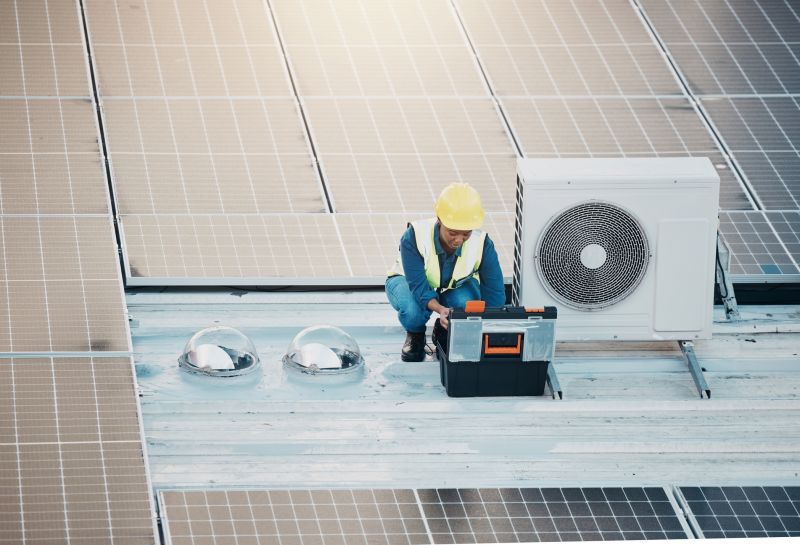
Spring and fall are ideal for comprehensive servicing to prepare for seasonal changes in sunlight.

Scheduling during less busy periods can facilitate detailed inspections and repairs.

Service should be scheduled during dry weather to ensure safety and effectiveness.

Midweek scheduling can reduce wait times and ensure dedicated service time.
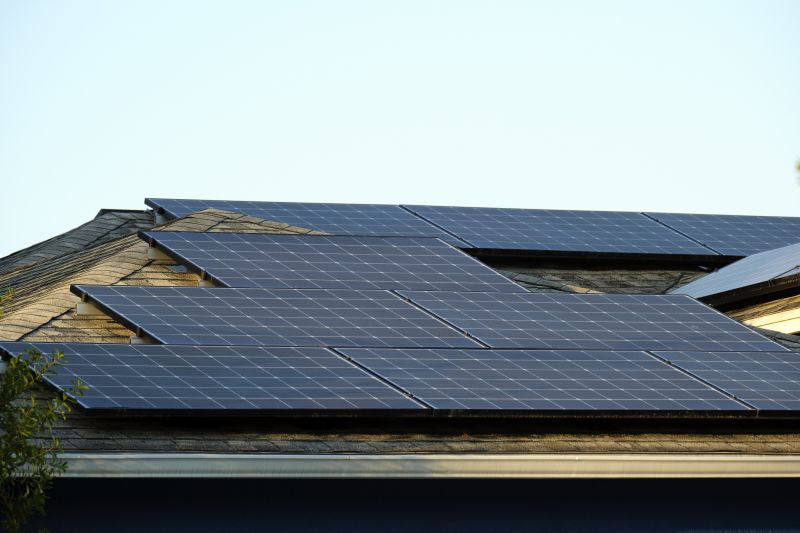
Ways to make Solar Panels Service work in tight or awkward layouts.

Popular materials for Solar Panels Service and why they hold up over time.
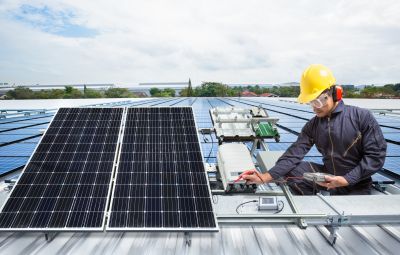
Simple add-ons that improve Solar Panels Service without blowing the budget.
Solar panels require regular servicing to maintain optimal performance and efficiency. Proper timing of maintenance can prevent potential issues such as dirt accumulation, shading, or system degradation. Routine inspections and cleaning are recommended at least once a year, with more frequent checks during peak usage seasons.
Statistics indicate that regular servicing can improve solar panel output by up to 20%. Scheduling services during specific times, such as spring or fall, aligns with natural maintenance cycles and ensures systems operate at peak capacity. Additionally, servicing during dry periods minimizes safety risks and maximizes the effectiveness of cleaning and repairs.
Spring and fall are recommended for comprehensive solar panel servicing to prepare for seasonal sunlight variations.
Timely service can significantly enhance energy production and extend system lifespan.
Dry weather conditions are ideal for performing maintenance safely and effectively.
Regular inspections can identify issues early, reducing long-term repair costs.
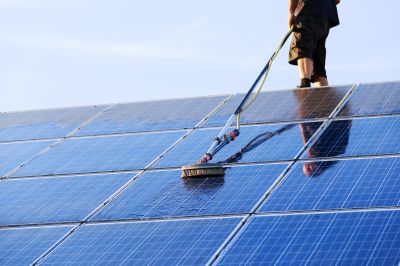
Regular cleaning during optimal weather conditions ensures maximum energy absorption.

Technicians perform detailed inspections during scheduled service times.

Specialized tools are used for thorough servicing of solar systems.

Scheduling during peak sunlight hours maximizes the effectiveness of service.

Adjustments and repairs are often scheduled before seasonal shifts.

Service timing takes weather forecasts into account for safety and efficiency.
| Aspect | Details |
|---|---|
| Best Seasons | Spring and fall for comprehensive maintenance. |
| Ideal Weather | Dry and clear days for safety and effectiveness. |
| Frequency | At least once annually, more during high usage periods. |
| Timing Considerations | Schedule during peak sunlight for optimal results. |
| Weather Impact | Service postponed during rainy or stormy conditions. |
| Inspection Focus | Cleaning, electrical checks, and system performance evaluation. |
| Preparation | Ensure panels are free of debris before scheduled service. |
| Post-Service | Monitor system performance for improvements. |

Professional technicians conduct thorough system assessments.
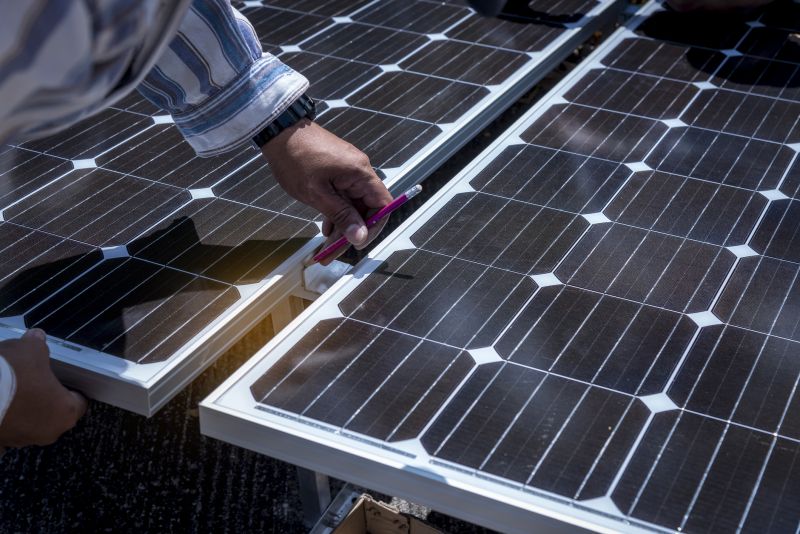
Cleaning to remove dirt and debris for maximum efficiency.

Electrical and performance checks ensure optimal operation.
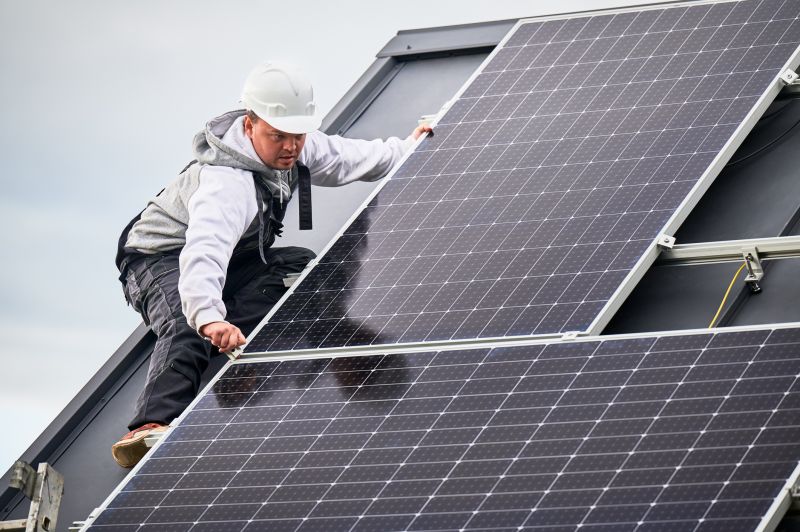
Routine servicing conducted during ideal weather conditions.

High-end options that actually feel worth it for Solar Panels Service.

Finishes and colors that play nicely with Solar Panels Service.

Little measurements that prevent headaches on Solar Panels Service day.

A 60-second routine that keeps Solar Panels Service looking new.
Scheduling solar panels service at appropriate times enhances energy output and system longevity. Regular maintenance, aligned with seasonal and weather patterns, ensures systems operate efficiently and reduces the likelihood of costly repairs. Proper timing also minimizes disruptions and maximizes the return on investment for solar energy systems.
Interested parties are encouraged to contact through the provided form to arrange for solar panels servicing at suitable times. Proper scheduling can lead to improved performance and extended system lifespan.

